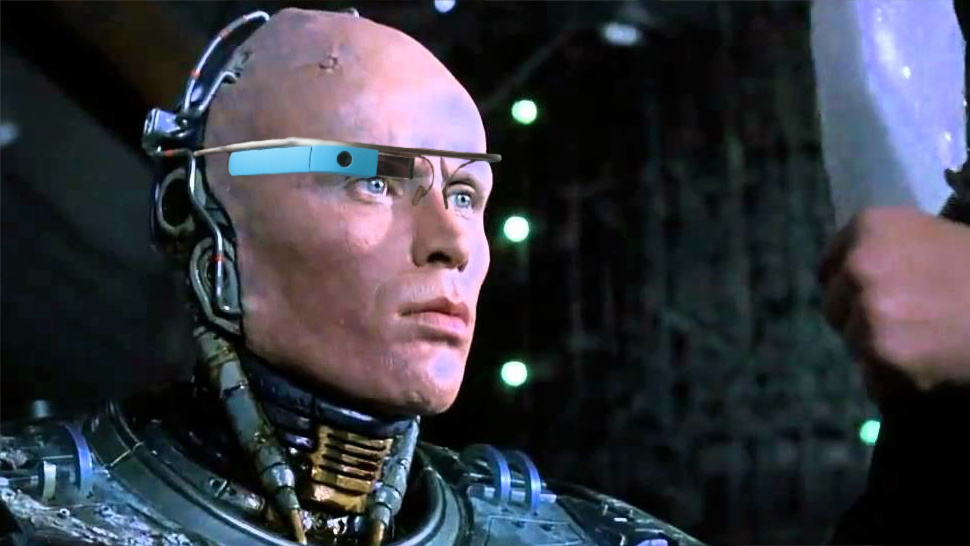In a New Statesman essay, Yuval Noah Harari, author of the great book Sapiens, argues that if we’re on the precipice of a grand human revolution–in which we commandeer evolutionary forces and create a post-scarcity world–it’s being driven by private-sector technocracy, not politics, that attenuated, polarized thing. The next Lenins, the new visionaries focused on large-scale societal reorganization, Harari argues, live in Silicon Valley, and even if they don’t succeed, their efforts may significantly impact our lives. An excerpt:
Whatever their disagreements about long-term visions, communists, fascists and liberals all combined forces to create a new state-run leviathan. Within a surprisingly short time, they engineered all-encompassing systems of mass education, mass health and mass welfare, which were supposed to realise the utopian aspirations of the ruling party. These mass systems became the main employers in the job market and the main regulators of human life. In this sense, at least, the grand political visions of the past century have succeeded in creating an entirely new world. The society of 1800 was completely destroyed and we are living in a new reality altogether.
In 1900 or 1950 politicians of all hues thought big, talked big and acted even bigger. Today it seems that politicians have a chance to pursue even grander visions than those of Lenin, Hitler or Mao. While the latter tried to create a new society and a new human being with the help of steam engines and typewriters, today’s prophets could rely on biotechnology and supercomputers. In the coming decades, technological breakthroughs are likely to change human society, human bodies and human minds in far more drastic ways than ever before.Whereas the Nazis sought to create superhumans through selective breeding, we now have an increasing arsenal of bioengineering tools at our disposal. These could be used to redesign the shapes, abilities and even desires of human beings, so as to fulfil this or that political ideal. Bioengineering starts with the understanding that we are far from realising the full potential of organic bodies. For four billion years natural selection has been tinkering and tweaking with these bodies, so that we have gone from amoebae to reptiles to mammals to Homo sapiens. Yet there is no reason to think that sapiens is the last station. Relatively small changes in the genome, the neural system and the skeleton were enough to upgrade Homo erectus – who could produce nothing more impressive than flint knives – to Homo sapiens, who produces spaceships and computers. Who knows what the outcome of a few more changes to our genome, neural system and skeleton might be? Bioengineering is not going to wait patiently for natural selection to work its magic. Instead, bioengineers will take the old sapiens body and intentionally rewrite its genetic code, rewire its brain circuits, alter its biochemical balance and grow entirely new body parts.
On top of that, we are also developing the ability to create cyborgs.•
Tags: Yuval Noah Harari

